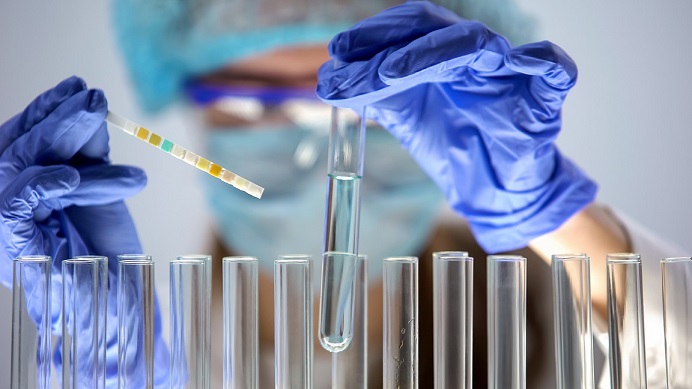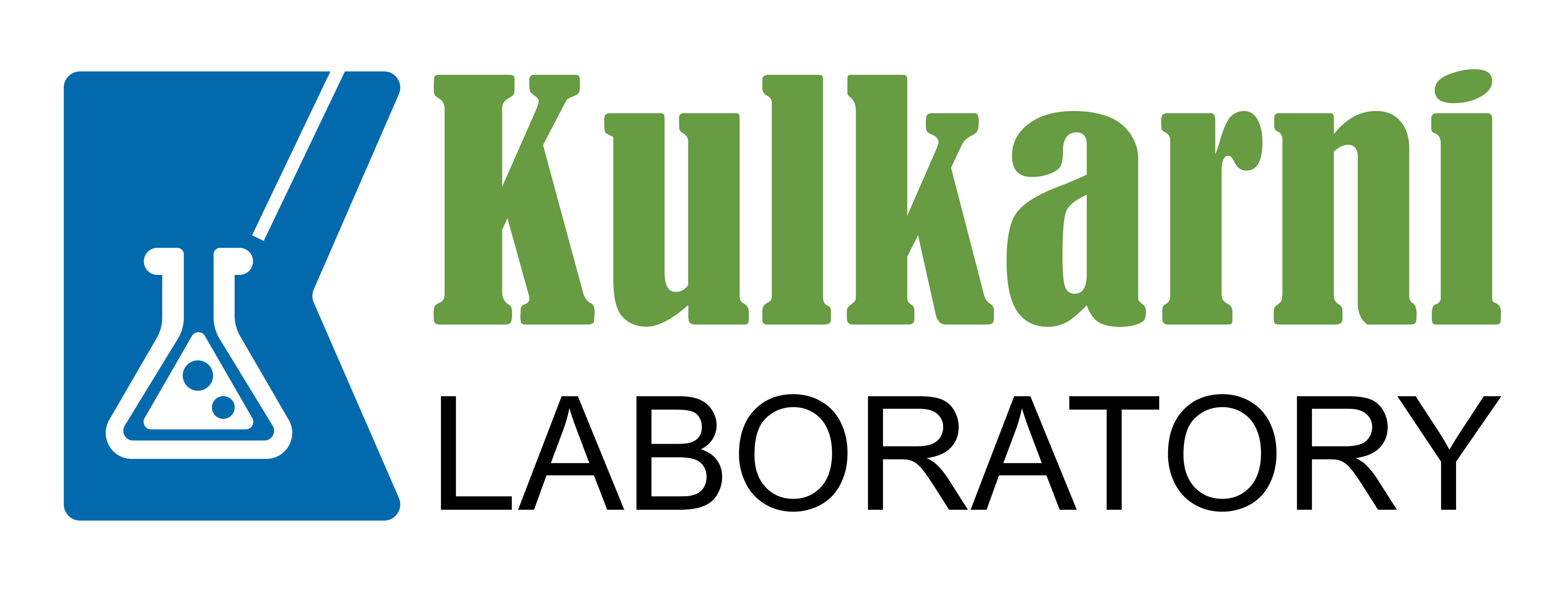CALL US
EMAIL US
WATER TESTING

The potability test will check for the presence of bacteria, such as E. coli and coliform. The potability test will also determine if common chemicals, such as sodium, iron, chloride, sulphate, manganese, copper, and Nitrate-Nitrogen are present in excessive amounts.If something is potable that means it's safe to drink. In developed countries, tap water is usually potable. Potable can also be a noun, meaning any drinkable liquid
Countries economic growth is depend on water quality used. Improved water supply and sanitation and improved water resources management boost countries' economic growth and contributes greatly to poverty reduction. That also affects positive impact on healthcare requirements. National economies are more resilient to rainfall variability, and economic growth is boosted when water storage capacity is improved.Potable Water Testing guarantees safe water quality and ensures that it is safe for consumption. During any cooking process or food products manufacturing companies, it is vital input. So, clean drinking water is essential for public health and it's important that water must be free from contaminants such as bacteria, heavy metals. At Kulkarni Laboratory with our state-of-the-art scientific analysis, we conduct meticulous water testing using a broad set of parameters to provide you with precise results. The principal methods used in the isolation of indicator organisms from water are the membrane-filtration (MF) method, the multiple-tube (MT) or most probable number (MPN) method and presence-absence tests.
WHO has issued guidelines for drinking water quality, a report in three volumes? Vol. 1 deals with guideline values, Vol. 2 deals with each contaminant and Vol. 3 gives information on how to handle water supplies in small rural communities. WHO recognizes that very stringent standards cannot be used universally and so a range of guideline values for more than 60 parameters have been elaborated. India is having own guidelines or standards. The control exerted by local regulatory authorities like FSSAI , which may differ from place to place depending on the local situation. FSSAI makes it mandatory for all food product manufacturers, caterers to test water as per Std prescribed.
- Drinking Water Testing - IS 10500
- Packaged Drinking Water Testing - IS 14543
- Packaged Natural Mineral Water Testing - IS 13428
- Water for Food Processing Industry - IS 4251
As per guidelines testing procedures and parameters may be grouped into physical chemical, bacteriological and microscopic categories.
- Physical tests indicates properties detecable by the senses.
- Chemical tests determine the amounts of mineral and organic substances that affect water quality.
- Bacteriological tests show the presence of bacteria,characteristics of faecal pollution.
For more information call 9763050611 or send email on kulkarnilabfoodwater@gmail.com
